Boom.さん専用 ジェラード マリア ネックレストップ JELADO
(税込) 送料込み
商品の説明
ジェラードのマリアネックレストップです。付属品は、ありません。記憶が曖昧ですが素材は、シルバー部分がシルバー925、ゴールド部分は真鍮製と購入時に説明を受けたと思います。重さは約31g。おおよそのサイズは、縦横約3cm、厚みは、約7mm。詳細は、画像を参考にして下さい。ビンテージメキシカンリングをイメージした雰囲気のある商品だと思います。
購入時期の記憶が曖昧ですが15年位前に新品で購入し1度着用してからは、着用せずガラスケースに保管していました。今後、着用する機会が無いので出品しました。ビンテージ好きの私としてはこの商品は一目惚れして購入しましたが、残念ながら私には似合わなかったです。新品に近い状態だと主観的には思いますが、厳し目に状態は目立つ傷や汚れなしと判断しました。1度私の手に入ったユーズド品となりますでのでご理解いただける方よろしくお願い致します。
なお、発送は、可能な限り当日発送含み早く対応しますが、原則、翌日か翌々日の発送となります。但し、金曜日に購入いただいた場合は、発送が月曜日になる可能性が高いです。
今後の着用はあまり考えていないのですが、本商品が、所有欲を満たす商品のため、手放すのに少し躊躇いがあり、出品を取りやめる可能性があります。
検討よろしくお願い致します
#ジェラード #マッコイ
#ウェアハウス
#ウエストライド
#フラットヘッド
#メキシカンリング
#マリア
#ビンテージ
#フリーアンドイージー
#ライトニング #リーバイス
#501xx
材質...シルバー
種類...ペンダントトップ/チャーム商品の情報
| カテゴリー | ファッション > メンズ > アクセサリー |
|---|---|
| ブランド | ジェラード |
| 商品の状態 | 目立った傷や汚れなし |

2024年最新】ジェラード ネックレスの人気アイテム - メルカリ

2024年最新】ジェラード ネックレスの人気アイテム - メルカリ

2024年最新】ジェラード ネックレスの人気アイテム - メルカリ
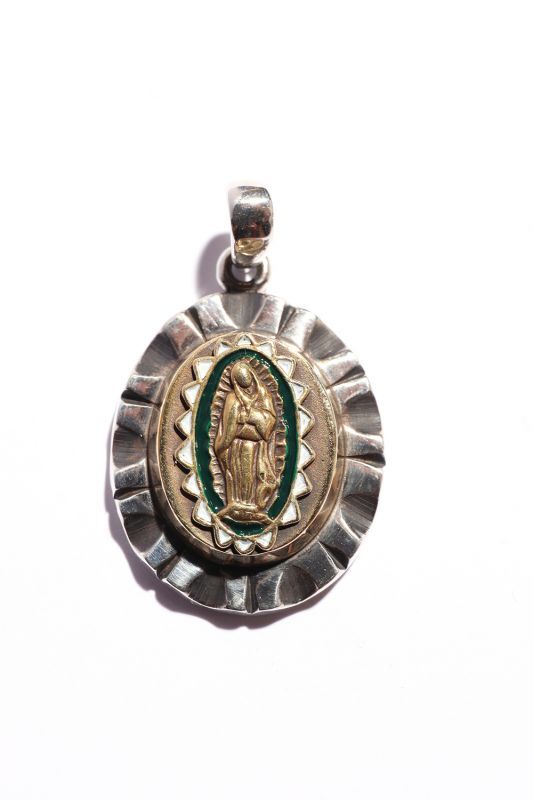
JELADO Mexican Pendant Maria(マリア) 【SG94620】

JELADO / ジェラード ペンダントトップ JELADO SG94620 Mexican

JELADO / ジェラード ペンダントトップ JELADO SG94620 Mexican
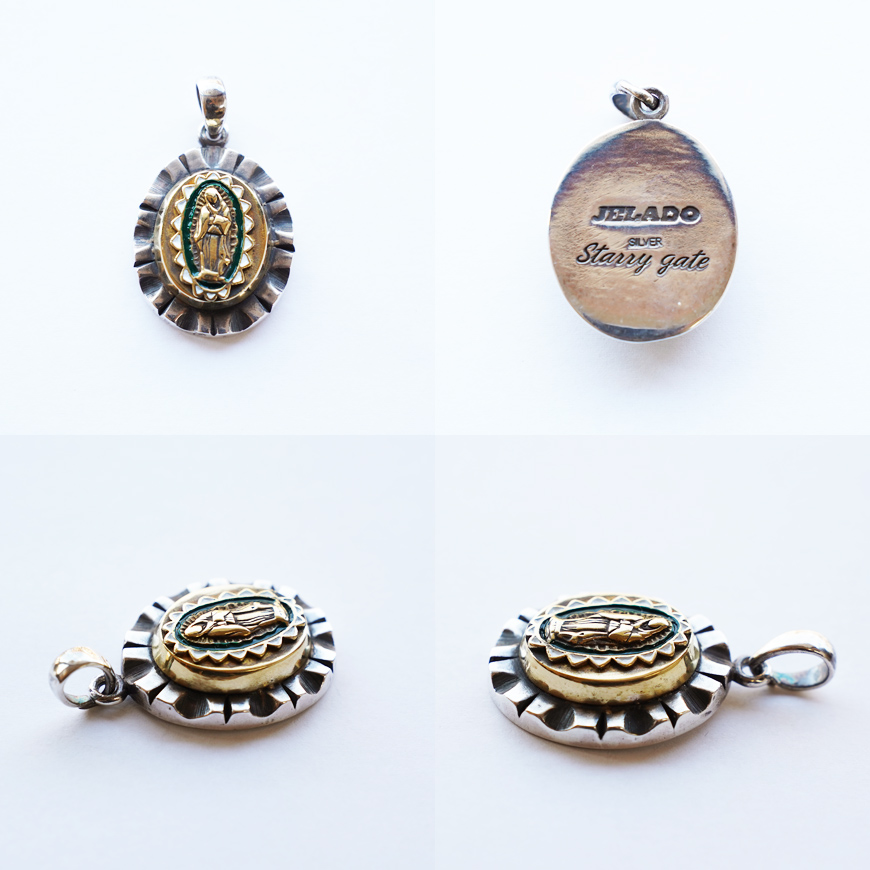
楽天市場】JELADO ジェラード メキシカンペンダントトップ MARIA

JELADO / ジェラード ペンダントトップ JELADO SG94620 Mexican

楽天市場】JELADO ジェラード メキシカンペンダントトップ MARIA

2024年最新】ジェラード ネックレスの人気アイテム - メルカリ

2024年最新】ジェラード ネックレスの人気アイテム - メルカリ

楽天市場】JELADO ジェラード メキシカンペンダントトップ MARIA

極小マリアプレート ネックレス【メイン】マリアペンダントトップ銀シルバー925 マリア様 【マリア ネックレス】(SILVER925 maria )マリアネックレス マリア ネックレス メダイ

JELADO Mexican Pendant Maria(マリア) 【SG94620】

2024年最新】メキシカンマリアの人気アイテム - メルカリ

2024年最新】ジェラード ネックレスの人気アイテム - メルカリ

JELADO / ジェラード ペンダントトップ JELADO SG94620 Mexican

2024年最新】ジェラード アクセサリーの人気アイテム - メルカリ
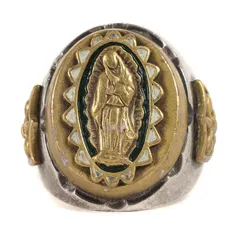
2024年最新】ジェラード アクセサリーの人気アイテム - メルカリ

極小マリアプレート ネックレス【メイン】マリアペンダントトップ銀シルバー925 マリア様 【マリア ネックレス】(SILVER925 maria )マリアネックレス マリア ネックレス メダイ

2024年最新】ステンドグラスペンダントトップの人気アイテム - メルカリ

極小マリアプレート ネックレス【メイン】マリアペンダントトップ銀シルバー925 マリア様 【マリア ネックレス】(SILVER925 maria )マリアネックレス マリア ネックレス メダイ

2024年最新】ステンドグラスペンダントトップの人気アイテム - メルカリ

極小マリアプレート ネックレス【メイン】マリアペンダントトップ銀シルバー925 マリア様 【マリア ネックレス】(SILVER925 maria )マリアネックレス マリア ネックレス メダイ

特販 JELADO マリア ネックレストップ | wasser-bau.com

2024年最新】ステンドグラスペンダントトップの人気アイテム - メルカリ

2024年最新】メキシカンマリアの人気アイテム - メルカリ
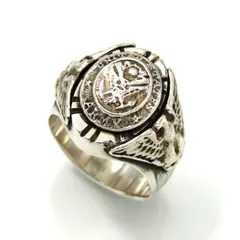
2024年最新】ジェラード アクセサリーの人気アイテム - メルカリ

JELADO / ジェラード ペンダントトップ JELADO SG94620 Mexican

2024年最新】ステンドグラスペンダントトップの人気アイテム - メルカリ

2024年最新】ジェラード アクセサリーの人気アイテム - メルカリ

2024年最新】ステンドグラスペンダントトップの人気アイテム - メルカリ

予約販売品】 ゴローズ オールド上金特大フェザー ネックレス - www

楽天市場】JELADO ジェラード メキシカンペンダントトップ MARIA

2024年最新】ステンドグラスペンダントトップの人気アイテム - メルカリ
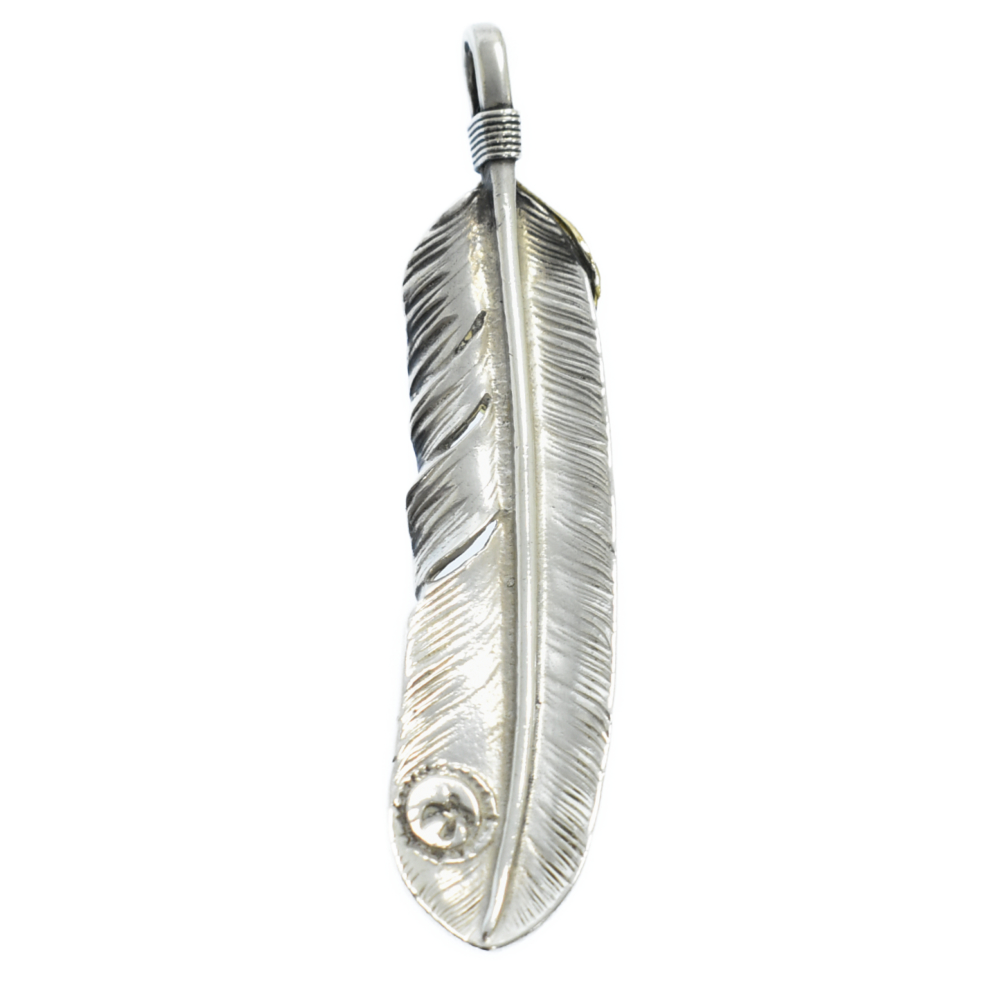
予約販売品】 ゴローズ オールド上金特大フェザー ネックレス - www
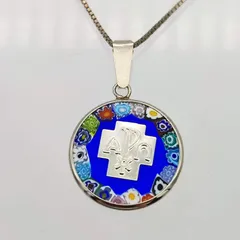
2024年最新】ステンドグラスペンダントトップの人気アイテム - メルカリ

2022年春の SCOTCH GRAIN スコッチグレイン ウィングチップ タッセル

2024年最新】メキシカンマリアの人気アイテム - メルカリ

2024年最新】ステンドグラスペンダントトップの人気アイテム - メルカリ






商品の情報
メルカリ安心への取り組み
お金は事務局に支払われ、評価後に振り込まれます
出品者
スピード発送
この出品者は平均24時間以内に発送しています














